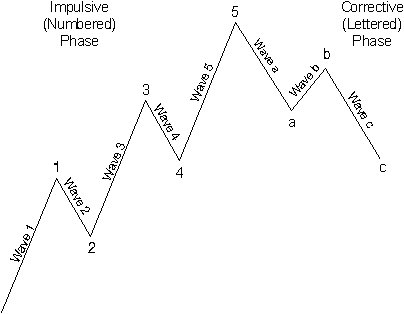
If you trade textbook style you're following the herd. Your Trading most probably goes this way




Technically Yours/ASR TEAM
“Intuition although seemingly spontaneous, apparently emotional, stems from a form of “information” that has become built-in from past experience. Discipline means choosing what to do unencumbered by the fear of making a mistake. Confidence means trusting our intuition that what we “see” is what we “know.” There’s no escaping to the external, to the objective, and no standing on the shaky ground of emotions. So the question becomes, How do we create within ourselves the heroic condition of confidence wherein risk is not danger but life?


 Though few Americans know his name, Larry Fink may be the most powerful man in the post-bailout economy. His giant BlackRock money-management firm controls or monitors more than $12 trillion worldwide—including the balance sheets of Fannie Mae and Freddie Mac, and the toxic A.I.G. and Bear Stearns assets taken over by the U.S. government last year. How did Fink rebound from a humiliating failure to become the financial fulcrum of Washington and Wall Street? Through a series of interviews, the author probes his role in the crisis, his unique risk-assessment system, and the growing concern he inspires.
Though few Americans know his name, Larry Fink may be the most powerful man in the post-bailout economy. His giant BlackRock money-management firm controls or monitors more than $12 trillion worldwide—including the balance sheets of Fannie Mae and Freddie Mac, and the toxic A.I.G. and Bear Stearns assets taken over by the U.S. government last year. How did Fink rebound from a humiliating failure to become the financial fulcrum of Washington and Wall Street? Through a series of interviews, the author probes his role in the crisis, his unique risk-assessment system, and the growing concern he inspires.
Worth Reading ,Just click here
| 1. Managing the risk of ruin. Do not risk so much on any one trade that 10 losing trades in a row will destroy your account. risking 1% to 2% of your trading capital per trade is a great baseline for eliminating the risk of ruin. 2. Only trade with a positive risk/reward ratio. Only take trades where your possible reward is at least two or three times the amount of capital you are risking in the trade. 3. Always trade in the direction of the prevailing trend. Always trade in the direction of the flow of capital for your specific time frame. Shorting rockets and catching falling knives is not profitable in the long run. 4. Trade a robust system. Back test and study your trading method, system, or style to ensure it is a winning system historically. The key is that it had bigger winners than losers over the long run in the past. 5. You must have the discipline to take your entries and exits as they are triggered. You must take your entries when they trigger, your losses when they are hit, and your profits when a run is over to be a successful trader. 6. You must persevere through losing periods. All successful traders were able to overcome their losing periods to come back and make the big money. If you quit you will not be around for the opportunity to win big. 7. If you want to be a winning trader you must follow your trading plan not your fear and greed. Emotions will undo a trader more than anything else. Trading too big is due to greed, missing a winning trade due to no entry is a sign of fear, traders must trade the math and probabilities not their own opinions or emotions. |
Investors are constantly looking nuggets of wisdom from the Oracle of Omaha, Warren Buffett, so this tidbit on Omaha.com caught our eye.
It’s just one quote from Buffett. He was at a 165 person Columbia University investing class, and one of the students asked him how to prepare for a career in investing.
From Omaha.com:
…Buffett thought for a few seconds and then reached for the stack of reports, trade publications and other papers he had brought with him. (more…)
